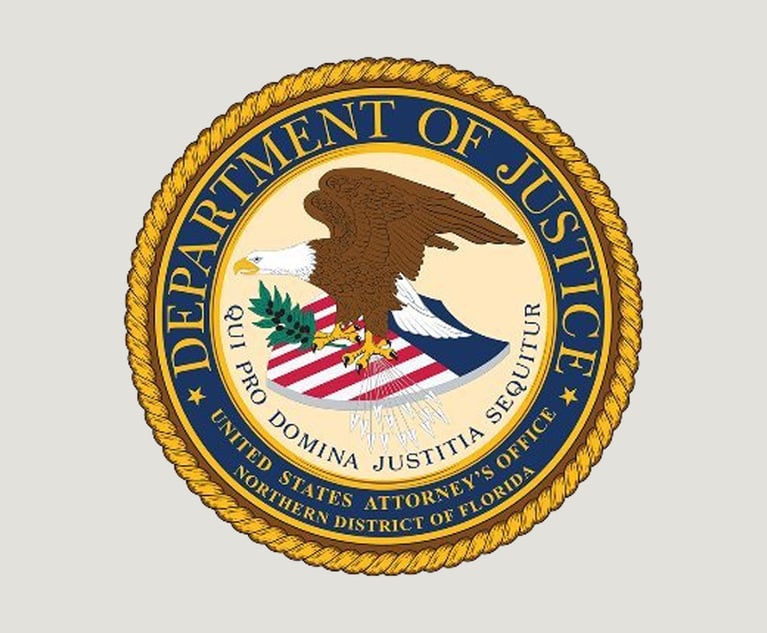Negligence lawsuits based on vehicle accidents are commonplace in Florida. When the driver of the defendant’s vehicle is not the owner, plaintiffs attorneys—without hesitation—will name the owner as vicariously liable, claiming the vehicle’s owner is responsible for the plaintiff’s injuries through the actions of the negligent driver.
One of the most common ways to seek this vicarious liability is under the Dangerous Instrumentality Doctrine, which imposes strict vicarious liability on a vehicle owner who voluntarily entrusts his or her vehicle to someone whose negligent operation causes damage to another person or property. Under Florida law, a vehicle owner who allows someone to operate his or her vehicle owes a duty to others to ensure that the vehicle is operated safely. In 1962, Florida courts began expanding the Dangerous Instrumentality Doctrine beyond the typical automobile to include tow motors. More expansion followed, with courts including airplanes, trucks, busses, and, since 1984, golf carts. This vicarious liability is based on how a vehicle was used and not where it was used.








